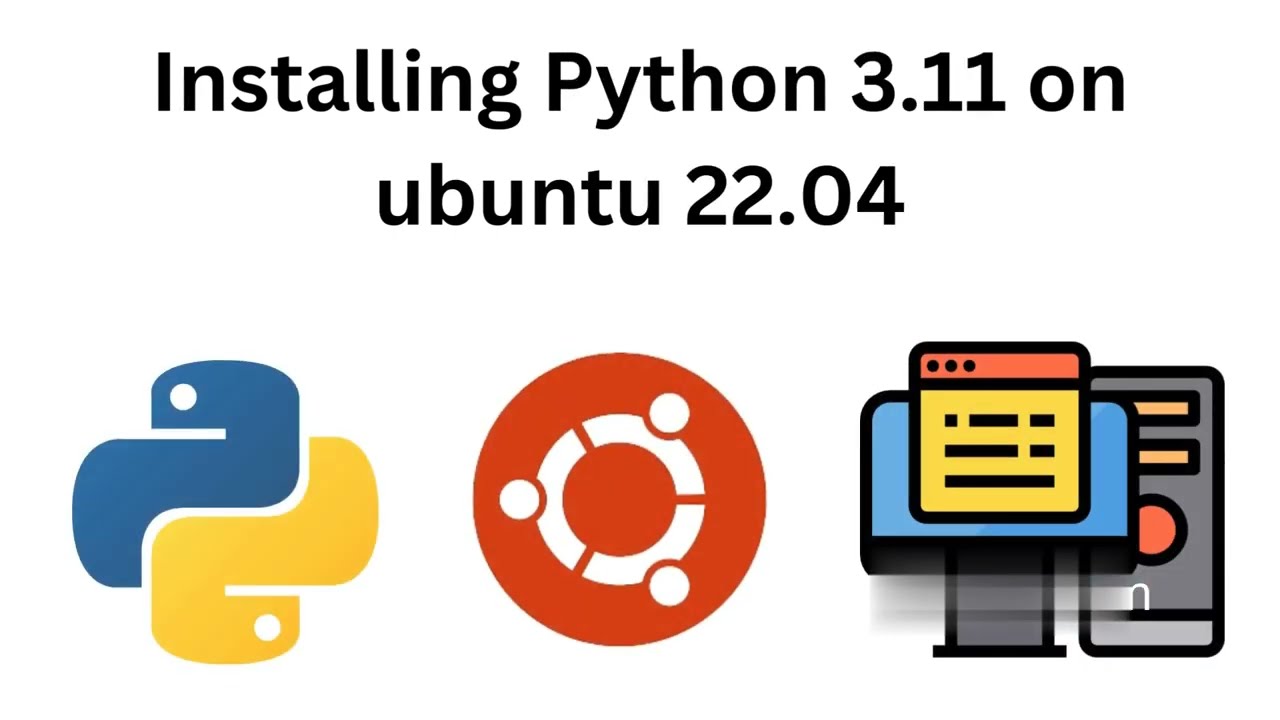Python is a versatile and widely-used programming language, and ensuring you have the latest version can be crucial for accessing new features and improvements. This guide will walk you through the process of installing Python 3.11 on Ubuntu 22.04.
Prerequisites
Before you begin, make sure you have the following:
- A system running Ubuntu 22.04.
- A user account with sudo privileges.
- Access to the terminal.
Step-by-Step Installation
Step 1: Update the Package List
First, update the package list to ensure you have the latest information on the newest versions of packages and their dependencies.
sudo apt updateStep 2: Install Required Dependencies
To compile Python from source, you need to install the required dependencies. Run the following command to install these dependencies:
sudo apt install -y build-essential libssl-dev zlib1g-dev libncurses5-dev libnss3-dev libgdbm-dev libreadline-dev libffi-dev libsqlite3-dev wget libbz2-devStep 3: Download Python 3.11 Source Code
Next, download the source code for Python 3.11. The latest version of Python can be found on the official Python website. Use wget to download the source code tarball:
wget https://www.python.org/ftp/python/3.11.0/Python-3.11.0.tgzStep 4: Extract the Tarball
Extract the downloaded tarball using the tar command:
tar -xf Python-3.11.0.tgzStep 5: Configure the Script
Navigate to the extracted directory and configure the script:
cd Python-3.11.0
./configure --enable-optimizationsThe --enable-optimizations flag optimizes the Python binary by running multiple tests, which can significantly improve the performance of the interpreter.
Step 6: Compile and Install Python
Compile the source code. This step can take some time, depending on your system’s performance:
make -j $(nproc)The -j $(nproc) option tells the make command to use all available CPU cores, speeding up the compilation process.
Once the compilation is complete, install Python 3.11:
sudo make altinstallThe altinstall option prevents the new installation from overwriting the default python3 binary.
Step 7: Verify the Installation
Verify that Python 3.11 has been installed correctly by checking its version:
python3.11 --versionYou should see output similar to:
Python 3.11.0Conclusion
Congratulations! You have successfully installed Python 3.11 on your Ubuntu 22.04 system. You can now start using the latest version of Python for your development projects.
Additional Tips
- Managing Multiple Python Versions: If you need to manage multiple versions of Python, consider using tools like
pyenvorvirtualenv. - Setting Up Virtual Environments: It’s a good practice to use virtual environments to manage dependencies for different projects. You can create a virtual environment using Python 3.11 with the following command:
python3.11 -m venv myenvActivate the virtual environment with:
source myenv/bin/activateWith Python 3.11 installed, you are now equipped to explore its new features and enhancements. Happy coding!

